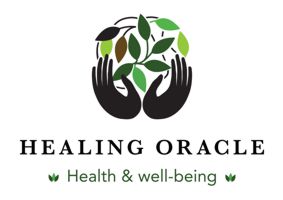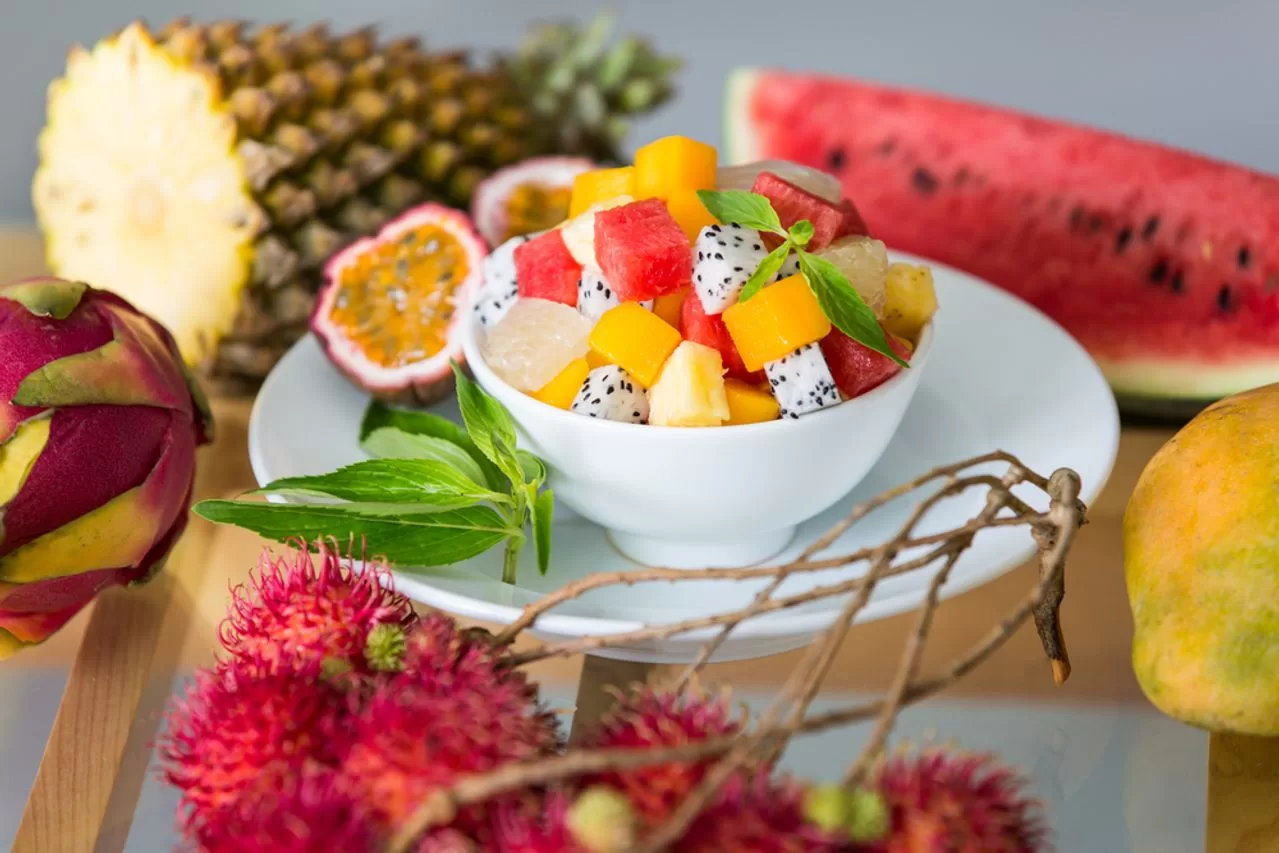In primitive times, fruits were the only source of food when nothing else had been discovered yet. The nutrition derived from fruits is essential for sustainability. The fruit diet is highly restrictive. It excludes significant animal products, including dairy products. People who follow this program eat a diet primarily consisting of raw fruits [1].
The diet allows for a moderate inclusion of vegetables, nuts, dried fruits, and seeds. Other food sources, such as legumes, grains, and meat, are limited or eliminated. Any kind of cooked food, including cooked fruit, is avoided.
There is no defined or specific way to start the fruit diet. Some people prefer eating only fruits that have fallen onto the ground rather than picked fruits [2]. Others choose not to limit the intake of seeds [3] because they can become living plants.
Following the fruit diet may sometimes need attention. Some people are at risk of malnourishment, so visiting a professional about your intentions is always advised. Get guidance from them to understand how to meet your nutritional requirements without pressurizing your health at risk.
What are the potential benefits?
With a moderate intake, fruits can be a very healthy part of a diet that fulfils whole nutrition. Some benefits of eating fruits include:
Fruits contain fibre. This helps lower cholesterol and encourages regular bowel movements in humans. Apples, blackberries, pears, and raspberries are excellent choices of fruits when consumed for high dietary fibre. [4]
Oranges, strawberries, and red peppers are some fruits that are the powerhouse of vitamin C. They help keep gums and teeth healthy. Vitamin C is the primary support system for a fortified immune system. [5]
Bananas, cantaloupe, guavas, and mangos have high potassium content. This helps maintain healthy blood pressure and keep a check on the fluid balance in the body. [6]
Oranges and other tropical fruits like mangos are also high in folate. It helps the body produce red blood cells. Folate also aids healthy fetal development. [7]
Black plums, berries and prunes are fruits great for antioxidants. Antioxidants limit the production of free radicals and are capable of protecting the skin and fighting off diseases. [8]
Things requiring Caution:
Several nutrients are vital for overall health but are not readily available from a fruit-based diet. For instance, fruits lack protein, calcium, fat, omega-3 fatty acids, B vitamins, etc. Due to the fruitarian diet’s restrictive nature, malnourishment is a significant concern for a person following this kind of diet. Some people might experience the body going into starvation mode. This means that the body’s metabolism slows down as it tries to hold your nutritional stores and conserve energy. The resolve is to include a balanced diet [9], i.e., have some seeds and veggies and fruits to ensure a pack of nutrition that keeps you healthy and fuller.
Preparing to transit into a fruit diet:
If you are impressed by a fruitarian diet, the advice is to proceed slowly. Rather than starting all at once, make a wise choice and gradually make a transition. Shift from your current eating patterns to a fruit diet in a manner that does not compromise on health.
Make sure you start giving up on alcohol [10], animal products [11], grains, processed foods, and caffeine during the transition. Ensure that a good quantity of raw fruits, nuts, seeds, and vegetables, are added to your diet bowl.
Fruitarians are generally free to eat from multiple fruit groups. You can either stick to a three-meal-a-day plan or build for yourself four/five smaller meals throughout the day.
You can choose from the following fruit groups and include them in your diet plan:
Acidic fruits: Oranges, tomatoes, grapefruit, plums, berries, and cranberries
Sub-acidic fruits: Apples, raspberries, apricots, and cherries
Oily fruits: Olives, avocados, and coconuts
Sweet fruits: Dates, bananas, figs, and grapes
Starchy fruits include squash, sweet potatoes, cassava, taro, yams, arrowroot, etc.
Melons of different kinds
Vegetable fruits, such as cucumbers and bell peppers
If possible, you can opt for organic fruits. And if you wish them to last longer, store them correctly!
You should also drink water [12], coconut water, or 100 per cent fruit juice throughout the day.
With every meal during the transition, you can choose to either steam or soak the vegetables and fruits until you’re ready to go completely raw. You should also include oily fruits with every meal and provide your body with the required fat. Also, have a protein source [13], such as nuts or seeds, for each meal. Your meals must consist of raw or lightly steamed vegetables, such as celery & sweet potatoes.
Ensure that you drink plenty of fluids, such as water and natural fruit juice. No matter what type of diet plan you are following, your body needs to move to be healthy. The fruitarian diet plan generally does not provide enough energy to exercise. If you feel low on energy while on the fruit diet, take it as a red flag for the deficiency in your nutritional intake and check for modifications.
Ending Note:
Whether the goal is weight loss, increased health, or a natural way of living, make sure you have a balanced diet on your plate. Diet is directly associated with illness, mental health, and mood; thus, pay attention to what you eat. Look for ingredients that might be harming your brain health. You need to understand that every person has an individual risk associated with food. Professionals can suggest modifications in diet to suit customer needs. Explore the superfoods that can help your liver derive natural cleansing benefits.
A fruit diet is one way to understand that food is medicine and how you can marginalise the nutritional gaps to optimize health benefits!
References and Sources:
- https://www.ncbi.nlm.nih.gov/pmc/articles/PMC6315720/
- https://www.ncbi.nlm.nih.gov/pmc/articles/PMC3649719/
- https://www.ncbi.nlm.nih.gov/pmc/articles/PMC3745769/
- https://www.ncbi.nlm.nih.gov/pmc/articles/PMC3614039/
- https://www.ncbi.nlm.nih.gov/pmc/articles/PMC3783921
- https://pubmed.ncbi.nlm.nih.gov/18724413/
- https://www.ncbi.nlm.nih.gov/pmc/articles/PMC5709097/
- https://www.ncbi.nlm.nih.gov/pmc/articles/PMC3249911/
- https://www.ncbi.nlm.nih.gov/pmc/articles/PMC7071223/
- https://www.ncbi.nlm.nih.gov/pmc/articles/PMC6627946/
- https://pubmed.ncbi.nlm.nih.gov/26780279/
Love and Light
The Healing Oracle Team
Please join our growing numbers on MeWe: Healing Oracle
Also join us on Twitter | YouTube
Global Petition
Please sign our global petition against enforced vaccinations The intention of this petition is to present 5 million signatures to each President, Prime Minister, Health Minister and heads of state worldwide.
Vaccines are a global problem and need to be tackled on a global level.
If we stand as one, we have a chance of saving the children of the future.

